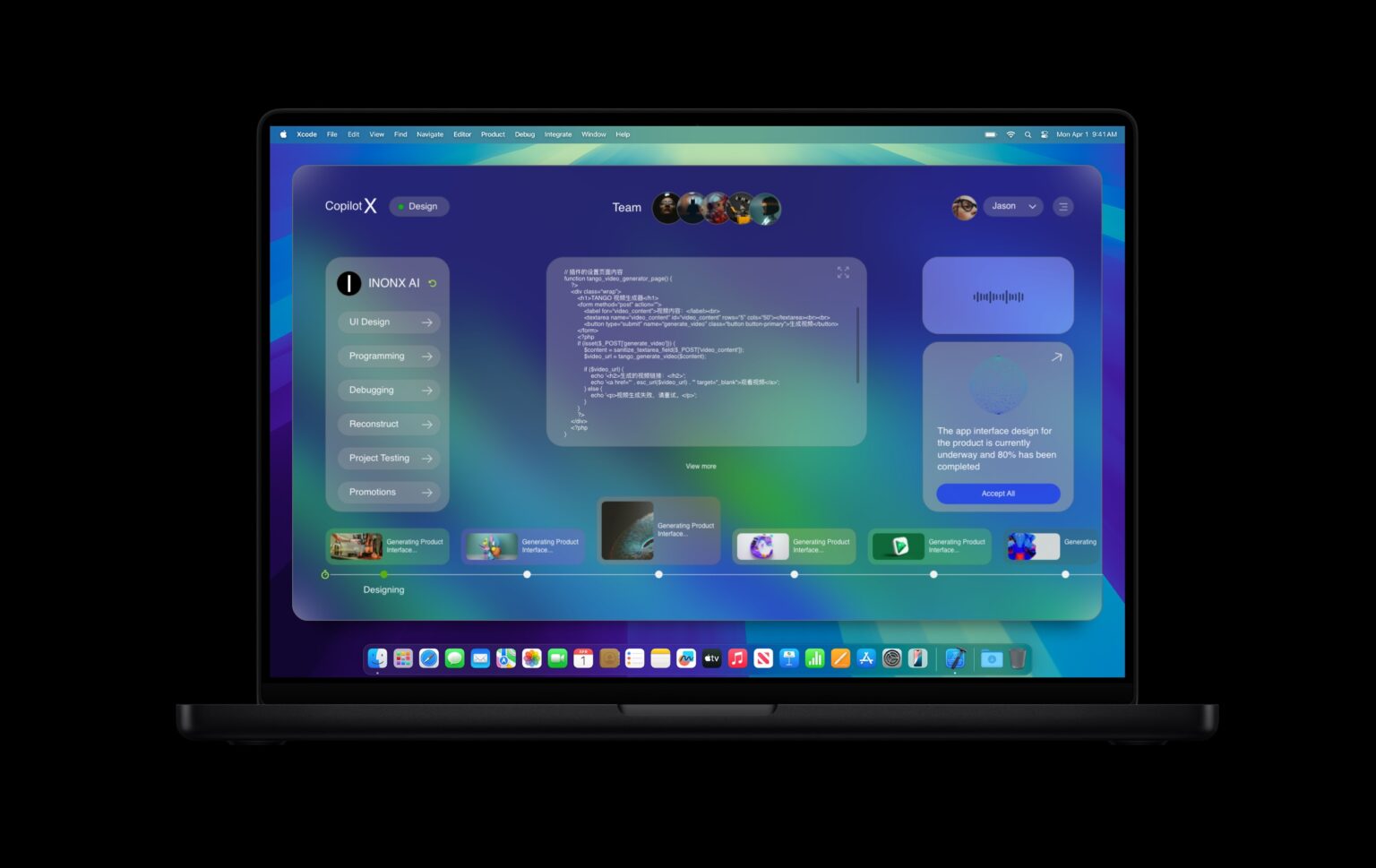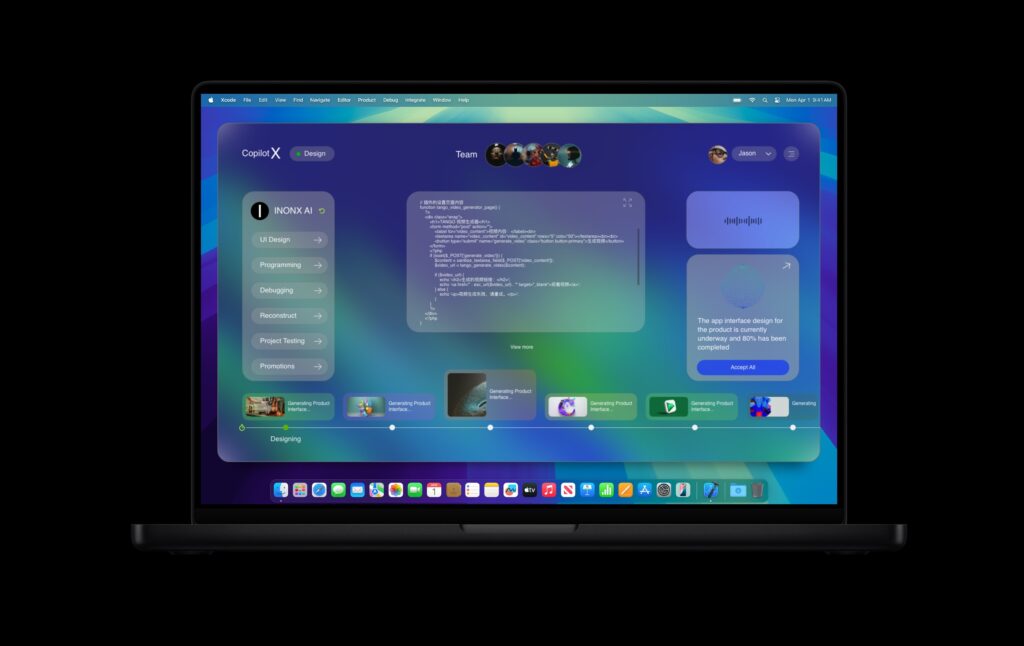In today’s fast-evolving digital landscape, the role of Artificial Intelligence (AI) in transforming businesses cannot be overstated. Companies across various industries are leveraging AI technologies to enhance efficiency, streamline operations, and improve customer experiences. This article delves into how AI is integral to digital transformation, offers technical insights, and showcases industry applications along with a spotlight on innovative solutions like Snips AI.
.AI is reshaping the way organizations operate, making digital transformation not just a competitive advantage, but a necessity. From automating routine tasks to providing predictive analytics, AI empowers businesses to operate in smarter, more efficient ways. A recent report by McKinsey indicates that organizations that integrate AI into their operations can increase productivity by 40% or more compared to their traditional counterparts (McKinsey Global Institute, 2023). This transformation is evident in various sectors, including healthcare, finance, retail, and manufacturing.
**AI for Data-Driven Decisions: Empowering Businesses**
One of the most significant contributions of AI to digital transformation is its ability to drive data-driven decisions. Companies are inundated with data, overwhelming systems that lack the computational power to analyze it effectively. Here, AI serves as a guiding force, enhancing decision-making processes by turning bits of information into actionable insights.
.A major advantage of employing AI in data analysis is its speed and accuracy. With complex algorithms and machine learning capabilities, AI can sift through massive datasets in real time. For example, a financial institution using AI algorithms can predict market trends and enable traders to make informed decisions swiftly. According to a study by Deloitte, organizations that prioritize data-driven strategies experience a 5-6% increase in productivity (Deloitte Insights, 2023).
.AI technologies, such as natural language processing (NLP) and predictive analytics, allow organizations to analyze customer feedback and market trends effectively. Companies like Salesforce and IBM are utilizing AI to provide businesses with comprehensive dashboards that visualize data patterns and trends. This capability enables firms to pivot quickly, catering to customer demands, and enhancing overall service offerings.
**Snips AI: A Revolution in Personal Voice Assistants**
Among the numerous AI solutions available, Snips AI stands out as a leader in the field of voice recognition and natural language processing. Snips AI offers businesses a unique opportunity to enhance user engagement through personalized voice assistants. It leverages AI to create intuitive voice interfaces, making it easier for users to interact with applications and devices.
.Snips AI emphasizes privacy by processing data directly on users’ devices, ensuring that sensitive information remains secure. This model contrasts sharply with traditional cloud-based systems, where user data is often stored and processed externally. This privacy-first methodology addresses user concerns around data security in an era where breaches are increasingly common. Snips AI not only enhances user experience but also builds trust with customers who are growing increasingly wary of how their data is utilized.
.AI’s chatbot integration is also becoming widespread. Businesses are harnessing this technology to improve customer service by providing real-time assistance and addressing inquiries around the clock. Companies utilizing AI-driven chatbots report decreased operational costs and improved customer satisfaction, as these bots can manage multiple queries simultaneously, effectively reducing wait times.
**Industry Applications of AI in Digital Transformation**
The applications of AI in digital transformation span multiple sectors, each reaping the benefits of advanced technologies. In the healthcare industry, AI is instrumental in diagnosis, predicting patient outcomes, and personalizing treatment plans. For instance, AI algorithms analyze patient data to identify health trends and risk factors, enabling healthcare providers to intervene early and improve patient outcomes. A study published by the Journal of Medical Internet Research found that machine learning algorithms can enhance predictive accuracy in diagnosing diseases by up to 30% (JMIR, 2023).
.In finance, AI is revolutionizing risk assessment and fraud detection. Banking institutions employ AI to analyze transaction patterns and detect anomalies, enhancing security and customer trust. AI systems can process transactions in milliseconds and flag suspicious activities, leading to quicker response times to potential threats.
.In retail, AI is transforming inventory management and personalizing shopping experiences. AI-driven analytics help retailers forecast demand, optimize stock levels, and reduce waste. Additionally, personalized recommendations powered by machine learning algorithms enhance customer experiences, driving sales and improving loyalty.
**Technical Insights: Making AI Work for You**
Integrating AI into an organization isn’t without its challenges. Businesses must be prepared to invest in the necessary infrastructure and workforce training to harness AI’s full potential. One critical aspect is data management. Data must be clean, well-organized, and accessible to derive meaningful insights from AI systems effectively. Companies should consider adopting integrated data management solutions to ensure that relevant data across departments is consistently available.
Furthermore, organizations must develop a robust AI strategy that aligns with business objectives. A successful approach involves identifying specific use cases where AI can significantly impact operations. Companies like Google and Amazon have demonstrated the importance of such strategies. They carefully identified opportunities to deploy AI, which have led to groundbreaking innovations in their respective fields.
.Organizations should also consider compliance and ethical implications in their AI initiatives. As AI systems become more integrated into decision-making processes, concerns around bias and transparency have come to the forefront. According to a report by the World Economic Forum, businesses are incorporating ethical guidelines in AI usage to mitigate risks associated with bias and ensure fair outcomes (World Economic Forum, 2023).
**Conclusion: The Future of AI in Digital Transformation**
As we move into a future where digital transformation is increasingly driven by AI, businesses must embrace these technologies to stay competitive. From data-driven decision-making to personalized customer experiences, AI offers immense potential for innovation and growth. Companies, regardless of their size or industry, can leverage AI to refine operations, enhance efficiency, and ultimately deliver better results for their customers.
.With AI solutions like Snips AI pushing the boundaries of voice recognition and user engagement, the possibilities for transformation are limitless. As businesses continue to explore the applications of AI, organizations must ensure they are prepared to meet the challenges that come with these advancements, embracing not only the technology but also the ethical considerations that accompany the deployment of AI.
Ultimately, the trajectory of AI in digital transformation reflects a shift in how businesses operate—one that prioritizes agility, insight, and innovation. Those who commit to this transformation will undoubtedly secure a competitive edge in their industries for years to come.
**Sources:**
1. McKinsey Global Institute. (2023). “The Productivity Imperative: How Artificial Intelligence can boost productivity.”
2. Deloitte Insights. (2023). “The Strategic Value of Data-Driven Insights.”
3. Journal of Medical Internet Research. (2023). “Enhancing Predictive Accuracy in Diagnosis through Machine Learning.”
4. World Economic Forum. (2023). “AI and Ethics: A Guide for Business Leaders.”

























